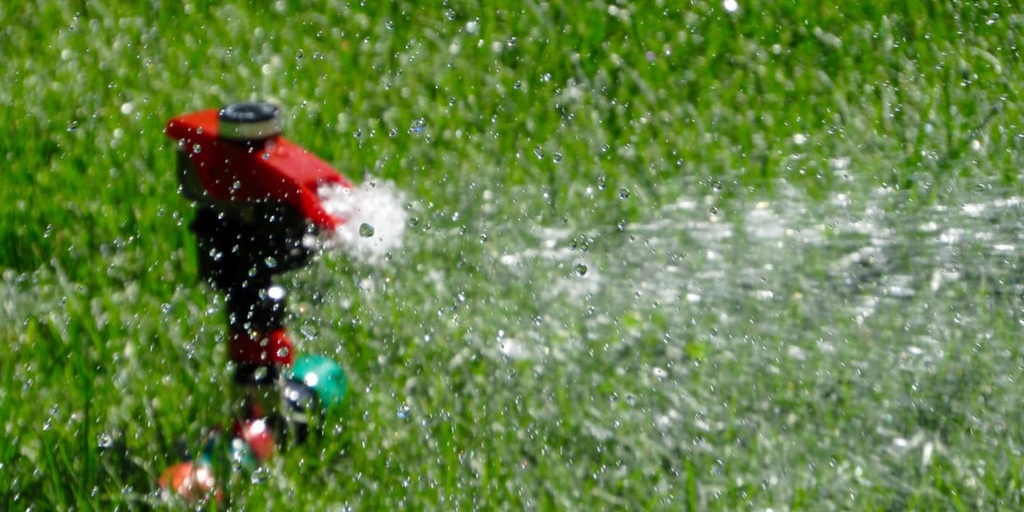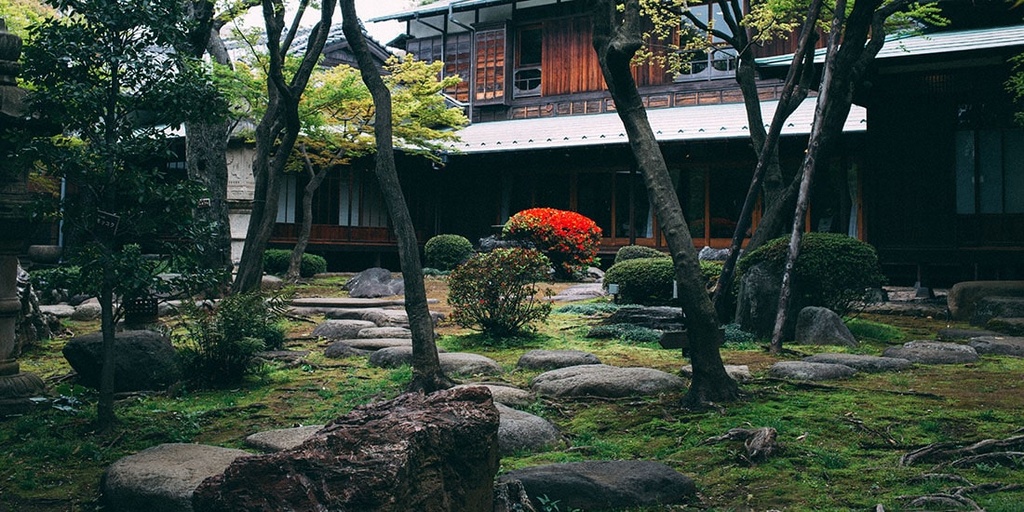Water your lawn less

Earth Points10 




EaseEasy
Summary
Over-watering our lawns wastes water and money, harming plant health. Opt for deep, infrequent watering to promote root growth and resilience.
Description
We sometimes waste water and money on unnecessarily frequent watering. Many plants are actually killed through over-watering, which is unnatural, than under-watering.
The key to a healthy lawn is deep and infrequent watering. This allows water to soak deep into the soil in order to reach the roots and encourages roots to grow downward (in search of water), which in turn makes your lawn more robust and resilient.
The key to a healthy lawn is deep and infrequent watering. This allows water to soak deep into the soil in order to reach the roots and encourages roots to grow downward (in search of water), which in turn makes your lawn more robust and resilient.
Tips
• A good rain takes care of giving your lawn a nice deep soak. If it has been a couple of weeks since the last big rain, then a longer sustained watering may be in order.
• Depending on where you live, you may actually find that rarely watering your lawn creates a better-looking and healthier lawn in the longer term. Well-established plants with deeper roots help crowd out weeds and promote an overall stronger mini ecosystem.
• Watering in the morning is best. The air is cooler and there will be less evaporation. Alternatively, you can water in the evening to minimize evaporation. However, if you water too frequently in the evening it promotes the development of fungus and attracts insects if the water is not fully absorbed into the soil.
• When watering, do not leave a sprinkler or hose unattended to avoid over-watering. Also, check and fix leaks in the watering system to maintain efficiency.
• Cut the grass on as high a setting as possible. This lowers water loss from evaporation, allows for more surface area for photosynthesis to support healthier plants, blocks weeds from getting a foothold, and tends to look more lush.
• All the water you use from a faucet has been processed to ensure drinking quality, and this process requires energy and decontamination chemicals like chlorine. Using less water helps save energy and reduces the use of chemicals.
• Watering on a near-daily basis is actually detrimental to your lawn. Too much water can be just as damaging to plants as too little water. Excessive irrigation will cause disease problems. Weeds also have an easier time getting a start because they do not have the deep roots of an established lawn.
• Keep in mind that many sources who are suggesting you water more often are likely trying to sell you something as well. For example, an irrigation system or products that are required to maintain a fragile lawn damaged by excess watering.
• Recently the "No Mow Spring" movement has taken off. Consider holding off until Summer for the first mow of the year. This allows insect pollinators a shot at a productive spring! It also allows your lawn to grow stronger before it gets hacked down by a mower.
• Depending on where you live, you may actually find that rarely watering your lawn creates a better-looking and healthier lawn in the longer term. Well-established plants with deeper roots help crowd out weeds and promote an overall stronger mini ecosystem.
• Watering in the morning is best. The air is cooler and there will be less evaporation. Alternatively, you can water in the evening to minimize evaporation. However, if you water too frequently in the evening it promotes the development of fungus and attracts insects if the water is not fully absorbed into the soil.
• When watering, do not leave a sprinkler or hose unattended to avoid over-watering. Also, check and fix leaks in the watering system to maintain efficiency.
• Cut the grass on as high a setting as possible. This lowers water loss from evaporation, allows for more surface area for photosynthesis to support healthier plants, blocks weeds from getting a foothold, and tends to look more lush.
• All the water you use from a faucet has been processed to ensure drinking quality, and this process requires energy and decontamination chemicals like chlorine. Using less water helps save energy and reduces the use of chemicals.
• Watering on a near-daily basis is actually detrimental to your lawn. Too much water can be just as damaging to plants as too little water. Excessive irrigation will cause disease problems. Weeds also have an easier time getting a start because they do not have the deep roots of an established lawn.
• Keep in mind that many sources who are suggesting you water more often are likely trying to sell you something as well. For example, an irrigation system or products that are required to maintain a fragile lawn damaged by excess watering.
• Recently the "No Mow Spring" movement has taken off. Consider holding off until Summer for the first mow of the year. This allows insect pollinators a shot at a productive spring! It also allows your lawn to grow stronger before it gets hacked down by a mower.
